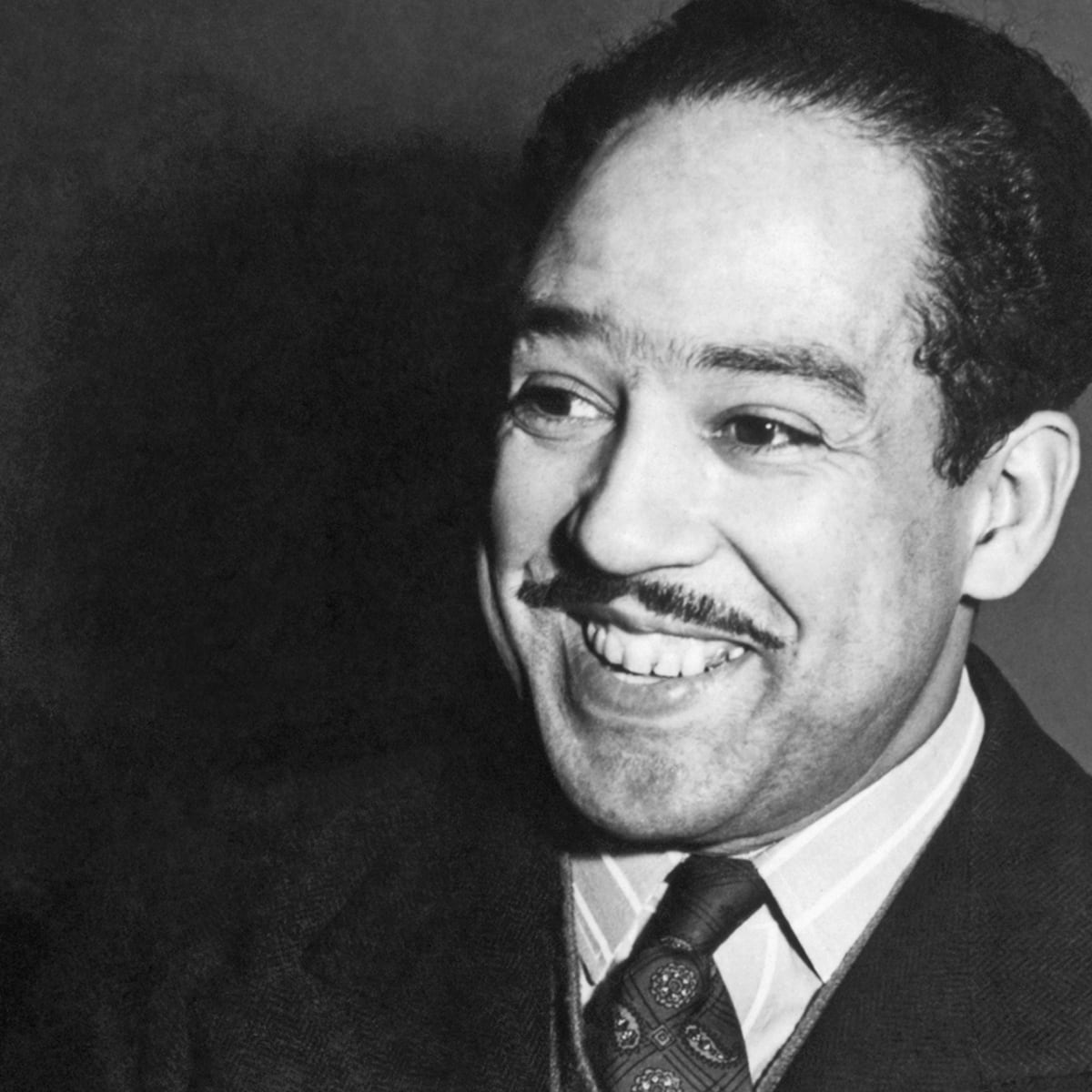The instructor said,
Go home and write
a page tonight.
And let that page come out of you—
Then, it will be true.
I wonder if it’s that simple?
I am twenty-two, colored, born in Winston-Salem.
I went to school there, then Durham, then here
to this college on the hill above Harlem.
I am the only colored student in my class.
The steps from the hill lead down into Harlem,
through a park, then I cross St. Nicholas,
Eighth Avenue, Seventh, and I come to the Y,
the Harlem Branch Y, where I take the elevator
up to my room, sit down, and write this page:
It’s not easy to know what is true for you or me
at twenty-two, my age. But I guess I’m what
I feel and see and hear, Harlem, I hear you.
hear you, hear me—we two—you, me, talk on this page.
(I hear New York, too.) Me—who?
Well, I like to eat, sleep, drink, and be in love.
I like to work, read, learn, and understand life.
I like a pipe for a Christmas present,
or records—Bessie, bop, or Bach.
I guess being colored doesn’t make me not like
the same things other folks like who are other races.
So will my page be colored that I write?
Being me, it will not be white.
But it will be
a part of you, instructor.
You are white—
yet a part of me, as I am a part of you.
That’s American.
Sometimes perhaps you don’t want to be a part of me.
Nor do I often want to be a part of you.
But we are, that’s true!
As I learn from you,
I guess you learn from me—
although you’re older—and white—
and somewhat more free.
This is my page for English B.
Published:
1951
Length:
Regular
Literary Movements:
Harlem Renaissance
Anthology Years:
2022
2023
Themes:
Agency
Education & Learning
Identity
Poems of Place
Racial Injustice
Literary Devices:
Alliteration
the repetition of the same letter or sound at the beginning of words appearing in succession
Dialogue
conversation between two or more people as a feature of a book, play, or movie
End Rhyme
when a poem has lines ending with words that sound the same
Pleonasm
the use of more words than necessary to express meaning, redundancy

